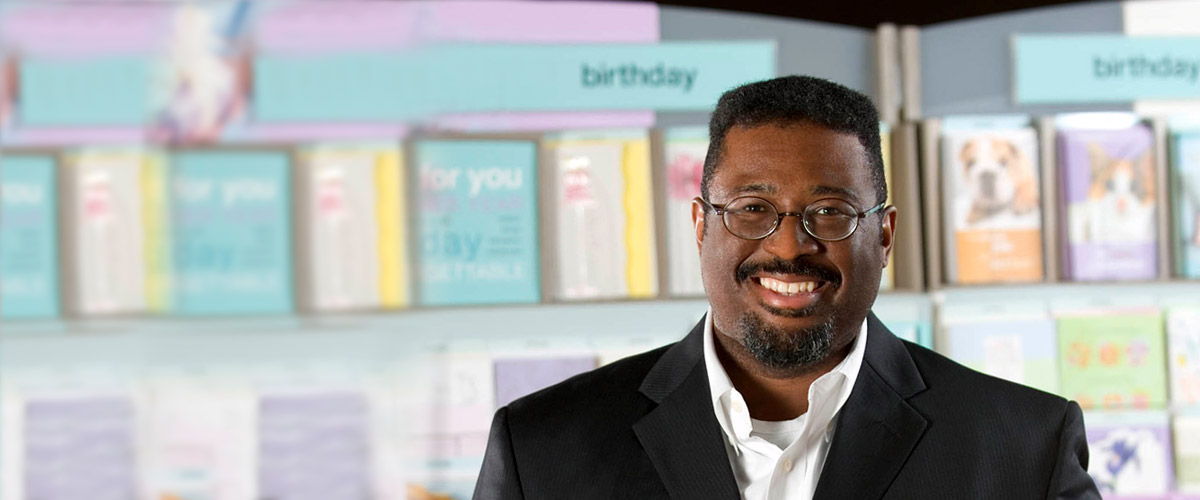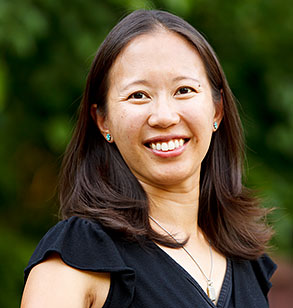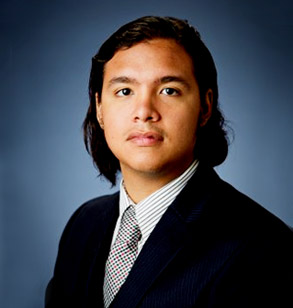WHAT LED YOU TO ATTEND ROSE-HULMAN?
WHAT IS YOUR FAVORITE MEMORY OF ROSE-HULMAN?
There were so many things about Rose that I remember and cherish. There is pretty much everything involving Speed Hall my freshman year: Tom Miller’s son riding his Big Wheel through the first-floor lobby, and sitting on the second-floor deck during the Henry Lee Summer concert. Talking to (President) Hulbert about anything and everything. Hitting the cereal bins in the dining hall for seconds and thirds every day for breakfast. Winning two conference championships in football. Graduation day … realizing that those four years had gone by like a blink of an eye.
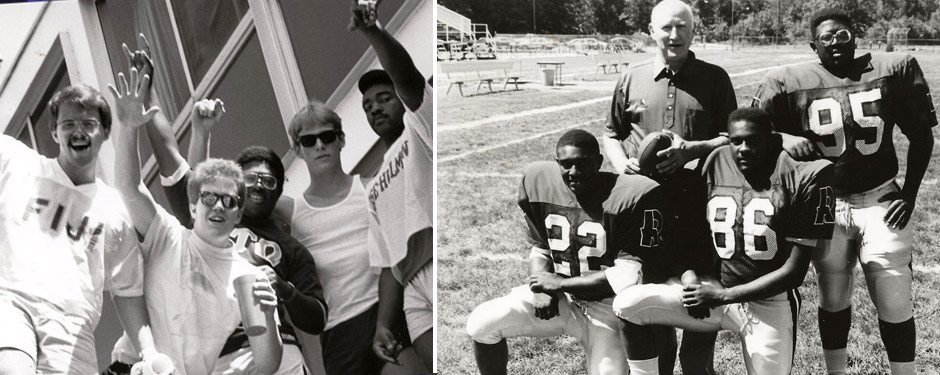
HOW DID YOUR ROSE-HULMAN EDUCATION PAVE THE WAY FOR YOUR CAREER SUCCESS?
Rose gave me a really good, practical hands-on STEM foundation. I’m a mechanical engineering graduate, so you understand how manufacturing and mechanical systems really function. It gave me a great base of understanding in core areas like mechanics, dynamics, thermodynamics, materials science, structural analysis, computer-aided design (CAD), and product lifecycle management.
When I was in marketing, I was able to leverage that knowledge in working to take conceptual ideas for products from consumers’ minds to the production room floor more easily. The ME degree helped me work more collaboratively with my peers in product development and product supply. I spoke “engineering” as well as “marketing,” which gave me a better sense of what manufacturing or engineering changes could be done, or needed to be done, to help us create and manufacture products that meet our consumers’ needs. You have better communication and give more insightful direction and perspective to your engineering team. You understand the nuts and bolts of the manufacturing work, the detailed development and processes needed to bring products to life as real finished goods.
WHY DID YOU GO INTO MARKETING, INSTEAD OF ASPECTS WITHIN ENGINEERING?
Early in my career, I routinely saw engineering and manufacturing treated as a secondary, functional resource and not as a valued stakeholder that could help plot the company’s path in the consumer marketplace. I wanted a better seat at the table. I wanted to be involved in the strategic planning of the business, and I found that marketing is where the consumer interfacing roles were/are. These roles interfaced with consumers and external stakeholders to determine the product and retail plans that ultimately drive transactions at retail. And those transactions at retail ultimately determined whether I had a job and a future.
WHAT'S THE BEST PIECE OF CAREER ADVICE THAT YOU HAVE RECEIVED AND WHAT ADVICE WOULD YOU OFFER TODAY’S STUDENTS ABOUT THE FUTURE?
Lastly, treat people with respect and value everyone, big and small, on your life’s journey. The person who is your secretary today may be an Academy Award winner tomorrow. That actually happened to me. Hannah Beachler, 2019 Academy Award winner for her work designing the sets for the blockbuster movie, “Black Panther,” was my secretary back in the late 1990s.
HOW EXCITING WAS IT TO BE BRAND MARKETING MANAGER FOR HASBRO’S "STAR WARS" TOY LINE?
“Star Wars” was an experience like no other. The “Star Wars” franchise is one of the most successful in the world. As a 10-year-old growing up on the west side of Indianapolis in 1977, I was a huge fan. I used to evade theater ushers so I could stay for multiple screenings of “Star Wars.” I had never seen anything like it. Then 20+ years later, it was kind of surreal, if not improbable, to be a senior brand manager for Hasbro Inc. helping develop its product lines for Episodes I and II of the classic science fiction franchise from 1999 to 2003.
It was crazy. In 1977, George Lucas took our imagination to a place we had never been before. The culture changed dramatically when “Star Wars” first hit theaters. He made geekdom mainstream. There are more opportunities today for people to expand their interests and live, dream and create worlds of possibilities. In the late 1990s, I had an opportunity to be a part of the rebirth, the next chapter, in truly an evergreen saga that resonates with fans and moviegoers across a broad spectrum around the world. To meet the actors and actresses and the folks who created the magic of this evergreen saga, and then to be tasked with creating and managing the toy line that brought this fantasy home to families and kids of all ages was challenging, scary, and personally rewarding. I can still remember the first time I went to Skywalker Ranch in NIcasio, California. It was like stepping right into the fabric of “Star Wars.” It is the pastoral home to Lucasfilm’s celebrated sound design, mixing and audio post-production facility, Skywalker Sound. Best day ever and I loved every minute of it.
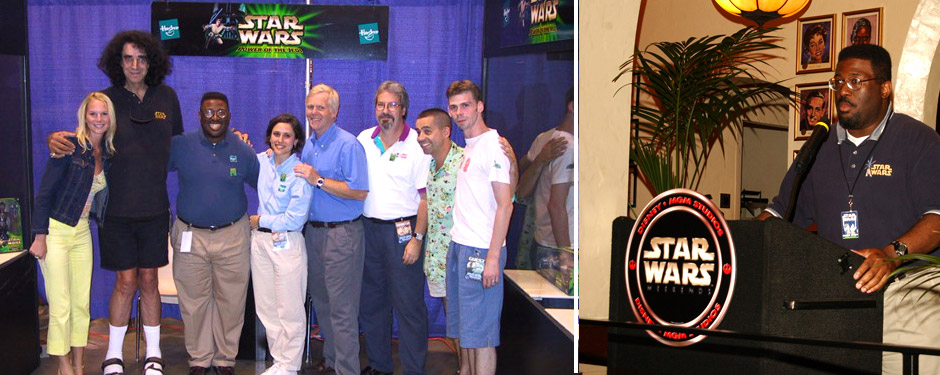
WHY DID YOU BECOME A COLLEGE MARKETING PROFESSOR?
WHAT'S THE BIGGEST LESSON THAT ENGINEERS NEED TO KNOW ABOUT MARKETING AND FINDING A MARKETPLACE FOR THEIR PRODUCTS?
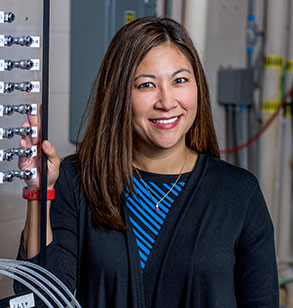
Kim
Chemical Engineering alumna who is bringing her love of engineering to the classroom.
